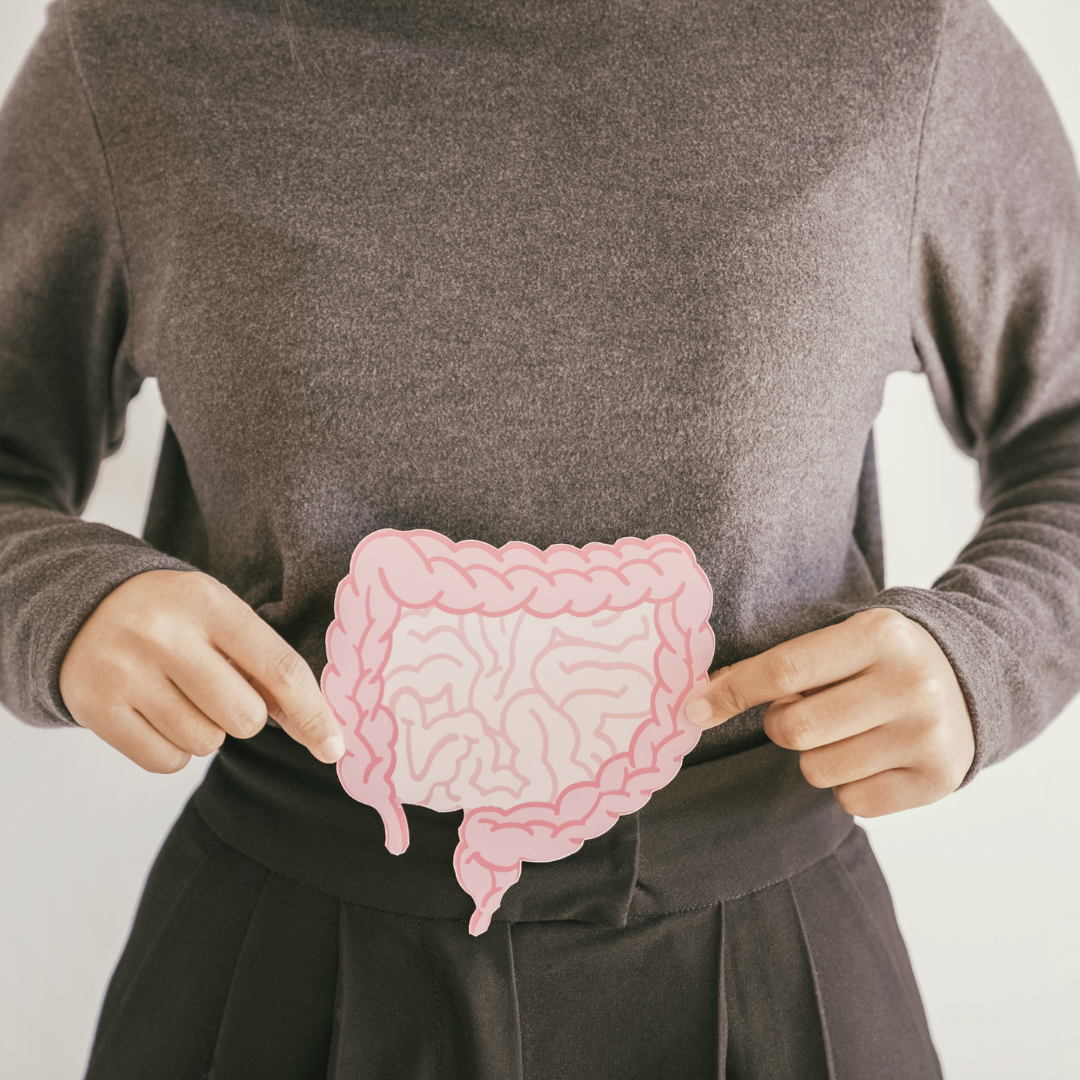Many individuals seek to enhance their digestive health and alleviate common digestive problems. Improving digestion naturally involves adopting lifestyle changes such as a balanced diet, adequate hydration, and regular physical activity. These simple adjustments can lead to significant benefits for gut health, promoting a smoother digestive process.
Certain foods play a crucial role in supporting digestive function. Incorporating fiber-rich fruits, vegetables, and whole grains can help regulate bowel movements and prevent discomfort. Additionally, probiotics found in yogurt and fermented foods can foster a healthy gut microbiome, essential for optimal digestion.
Herbal remedies and mindful eating practices also contribute to better digestive health. Ginger, peppermint, and chamomile are known for their soothing properties while being aware of portion sizes and eating slowly can help prevent gastrointestinal issues. By understanding and implementing these natural strategies, individuals can take proactive steps toward improving their digestion.
Understanding Digestion
Digestion is a complex process that involves breaking down food into nutrients. The anatomy of the digestive tract and the role of gut bacteria are key elements in ensuring efficient digestion.
Anatomy of the Digestive Tract
The digestive tract consists of a series of organs responsible for processing food. It starts at the mouth, where physical and chemical breakdown begins with chewing and saliva.
After the mouth, food travels down the esophagus to the stomach. In the stomach, acids and enzymes further digest food, breaking it down into a semi-liquid form called chyme.
Next, chyme moves into the small intestine, where most nutrient absorption occurs. The walls of the small intestine are lined with tiny projections called villi, which increase the surface area for absorption.
The large intestine then processes unabsorbed material, where water is reabsorbed. This complex system highlights the importance of maintaining digestive health to prevent issues like stomach ulcers or intestinal infections.
Role of Gut Bacteria
Gut bacteria play a critical role in digestion and overall health. The gut microbiome consists of trillions of organisms that help break down fibers and synthesize essential vitamins.
Good bacteria in the gut assist in fermenting undigested carbohydrates, aiding nutrient absorption and production of short-chain fatty acids. These fatty acids are beneficial for the gut lining and can influence the immune system.
An imbalance in gut bacteria can lead to digestive symptoms such as bloating, diarrhea, or constipation. Maintaining a healthy balance of gut bacteria is essential for preventing or managing these conditions and supporting the immune system.
A varied diet rich in fiber can encourage the growth of beneficial bacteria, promoting better digestive health.
Dietary Choices for Optimal Digestion
Proper dietary choices can significantly enhance digestion and overall gut health. Foods rich in fiber, probiotics, and prebiotics are particularly beneficial, while certain foods can lead to digestive issues.
Fiber-Rich Foods and Their Benefits
Fiber is essential for maintaining regular bowel movements and preventing constipation. There are two types of fiber: soluble and insoluble.
- Soluble fiber dissolves in water, forming a gel-like substance that can help manage blood sugar levels and lower cholesterol. Foods high in soluble fiber include oats, beans, apples, and citrus fruits.
- Insoluble fiber adds bulk to stool and helps food pass through the digestive tract more easily. Whole grains, nuts, and vegetables, such as carrots and broccoli, are excellent sources.
Including a variety of fiber-rich foods can reduce bloating and discomfort while supporting gut microbiota health.
Probiotics and Prebiotics
Probiotics are beneficial bacteria that promote a healthy gut environment. Fermented foods such as yogurt, kefir, sauerkraut, and kimchi are rich in probiotics and can enhance digestion. Consuming them regularly can help restore balance in the gut, especially after taking antibiotics.
Prebiotics are non-digestible fibers that feed probiotics and support their growth. Foods such as garlic, onions, asparagus, and bananas are excellent sources of prebiotics. Together, probiotics and prebiotics work synergistically, improving digestion and reducing symptoms of inflammatory bowel disease.
Avoiding Problematic Foods
Certain foods can negatively affect digestion, leading to issues like bloating, gas, and diarrhea. Processed foods often contain artificial sweeteners, trans fats, and high levels of saturated fat, all of which can disrupt gut health.
Avoiding excessive sugar and refined grains can also help, as these may lead to inflammation and worsen digestive conditions. It is advisable to monitor individual responses to foods and make adjustments as necessary to maintain optimal digestive health.
Natural Digestive Aids and Remedies
Various natural aids and remedies can significantly enhance digestive health. These methods focus on supporting the body’s natural processes and promoting a balanced gut environment.
Herbal Supplements and Digestive Enzymes
Herbal supplements such as ginger, peppermint, and fennel are known for their positive effects on digestion. Ginger helps alleviate nausea and bloating, making it beneficial for those experiencing discomfort. Peppermint can ease symptoms of indigestion and abdominal pain by relaxing the intestinal muscles.
Digestive enzymes from sources like papaya and pineapple can improve nutrient absorption and reduce symptoms of gas. These enzymes help break down proteins and carbohydrates, leading to more efficient digestion. Incorporating these supplements can support gut health and enhance overall digestive functions.
Hydration and Its Effects on Digestion
Sufficient hydration is crucial for optimal digestive health. Water aids in the breakdown of food, allowing for better nutrient absorption. It also facilitates smoother bowel movements, preventing constipation and promoting regularity.
Adequate fluid intake can also reduce symptoms of indigestion and abdominal pain. Aim for at least 8-10 glasses of water daily, adjusting for activity level and climate. Infusing water with fruits or herbs can encourage increased consumption while providing additional nutrients beneficial for digestion.
Mindful Eating Practices
Practicing mindful eating can greatly improve digestion. Taking the time to eat slowly allows for better chewing and thorough mixing of food with saliva, which aids in digestion. Reducing distractions during meals can help maintain focus on the food, enhancing the eating experience.
Stress management plays a critical role as well. Stress can lead to poor digestion and exacerbate conditions like bloating and cramps. Encouraging a calm environment during mealtime can promote relaxation and improve digestive health. Simple techniques like breathing exercises before meals can lead to significant improvements in digestive efficacy.
Lifestyle Factors Influencing Digestion
Lifestyle choices can significantly impact digestive health. Factors such as regular exercise and stress management play crucial roles in maintaining a well-functioning gastrointestinal system and preventing issues like irritable bowel syndrome (IBS) and gut inflammation.
Impact of Regular Exercise
Regular exercise promotes healthy digestion by enhancing gut motility and reducing symptoms of gastrointestinal issues. Physical activity stimulates the muscles in the intestines, aiding in the movement of food through the digestive tract. This can prevent constipation and decrease bloating.
Exercise also supports gut health by regulating hormones and reducing stress. Activities like walking, jogging, or yoga can improve mood and lower cortisol levels. Lower stress levels contribute to balanced gut permeability, which is essential for preventing conditions like IBS.
Incorporating at least 30 minutes of moderate exercise most days can lead to noticeable improvements in digestion. Moreover, activities focused on breathing and relaxation can further enhance digestive function by calming the mind.
Environmental and Emotional Stressors
Environmental and emotional stressors significantly influence digestion. Chronic stress can lead to an upset stomach, increased gut permeability, and aggravation of gastrointestinal disorders such as IBS. Stress triggers the release of hormones like cortisol, which can disrupt the gut’s balance.
Stress management techniques, such as mindfulness meditation, deep breathing exercises, and adequate sleep, are vital. These practices help mitigate the negative effects of stress, promoting a healthier gut environment.
Additionally, the surrounding environment, including noise and pollution, can also affect digestive health. A calm and clean environment contributes to relaxation and better digestion. Addressing both emotional and environmental stressors is essential for facilitating good digestion and maintaining gut health.


